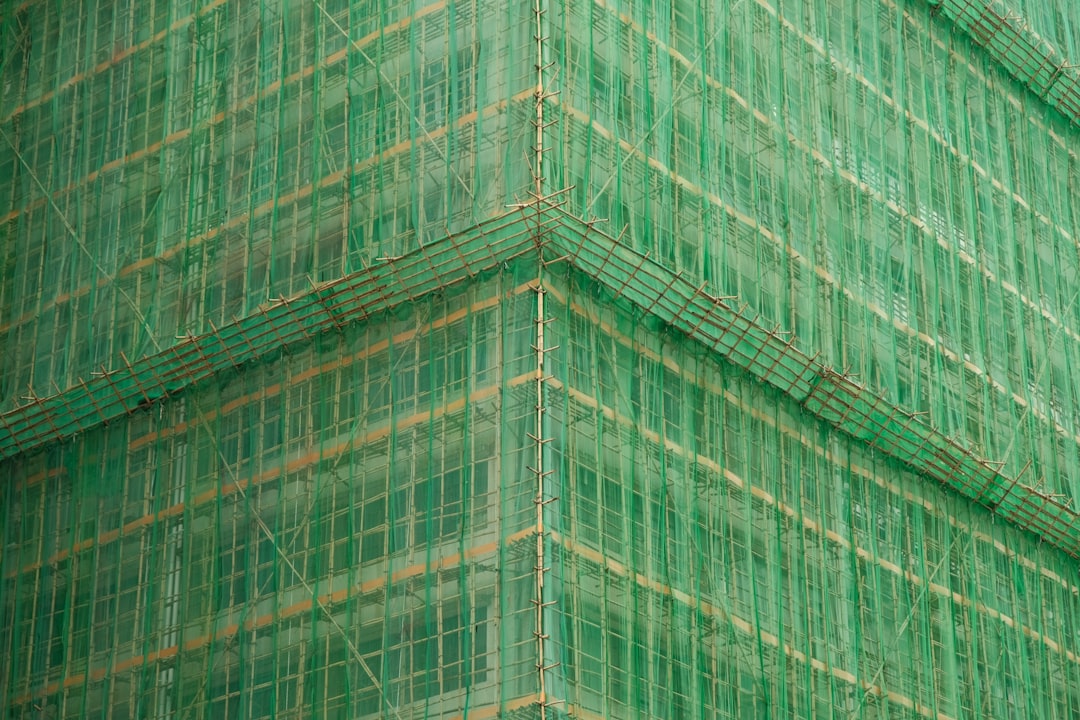CountBricks: Cost Per Foot to Install Water Line Explained
Price source: Costs shown are derived from our proprietary U.S. construction cost database (updated continuously from contractor/bid/pricing inputs and normalization rules).
Eva Steinmetzer-Shaw
Head of Marketing
Understanding the Cost Per Foot to Install a Water Line
For construction professionals planning a new installation, understanding the cost per foot to install a water line is crucial. The average cost ranges from $50–$200 per linear foot per linear foot, influenced by factors such as material choice, accessibility, local codes, and labor market conditions. This guide provides a detailed breakdown to help you make informed decisions.
Average Cost Range per Foot
The cost per foot varies based on several key factors:
- Pipe material (PEX, copper, or braided stainless)
- Accessibility of the route (open framing vs. finished walls)
- Local code requirements and permit fees
- Labor market conditions in your area
Material Breakdown
- PEX Tubing – $0.50–$12 per linear foot per foot, flexible for minimal fittings
- Type L Copper – $0.50–$12 per linear foot per foot, offers longevity but requires skilled labor
- Braided Stainless Ice-Maker Kits – $20–$120 per linear foot per 10-foot kit, ideal for short runs
Ensure your estimates reflect current prices by integrating daily supplier feeds.
Labor Considerations
Professional plumbers typically charge $75–$150 per hour. For open-stud runs, expect 20-25 feet per hour; through finished walls, this reduces to 8-12 feet due to additional work. Accurate estimates require matching task difficulty with regional labor rates.
Hidden Costs to Watch
- Shut-off valve upgrades or specialty filtration
- Drywall access cuts and repainting
- Permit and inspection fees (often $75–$150 per hour)
- Cold-weather insulation wraps in unconditioned spaces
Optimizing Costs with Smart Routing
Reducing the length of the run is key to lowering costs. Use virtual blueprint takeoffs to identify the most direct path, minimizing material and labor expenses.
Step-by-Step Planning Process
- Upload your floor plan to CountBricks.com
- Discuss goals via real-time chat; AI notes requirements
- System maps shortest code-compliant route
- Receive a detailed cost estimate with tasks and timeline
- Approve, revise, or export data to your contractor
Regional Insight: Minneapolis Market
Cold climates increase insulation standards. Ensure compliance with vapor-sealed pipe penetrations and foam gaskets to avoid inspection issues.
DIY vs. Professional Installation
Running exposed PEX in an unfinished area can be a DIY project, reducing costs to $50–$200 per linear foot per foot. For complex installations, professional expertise is recommended to prevent issues like leaks.
Pro Tips for Installation
- Add a shut-off valve within six feet of the appliance
- Use quarter-turn, lead-free valves for compliance
- Color-code PEX for easy future service
- Pressure-test before closing walls
- Document the installation with photos for warranty purposes
From Estimate to Invoice
Track every material and task in real time to ensure accurate invoicing. This prevents errors and allows for immediate digital payments.
Case Study: 22-Foot Refrigerator Line in Minneapolis
A 1950s home required a new ice-maker line. Two routing options were considered:
- Through finished ceiling joists: 22 ft, two drywall patches, estimated $50–$200 per linear foot/ft
- Via unfinished basement: 26 ft, no drywall work, estimated $50–$200 per linear foot/ft
The basement route was chosen, saving $50–$200 per linear foot. The contractor completed the installation in under three hours, with the final invoice matching the estimate closely.
Ensuring Accurate Costs
- Dynamic Supplier Links – Daily price updates ensure accuracy
- Labor Benchmark Engine – Tracks realistic hourly rates
- Scope-Lock Feature – Prevents unauthorized changes
Planning for Multiple Water Drops
For projects requiring multiple water lines, clustering branches can reduce total footage and improve labor efficiency, lowering costs.

